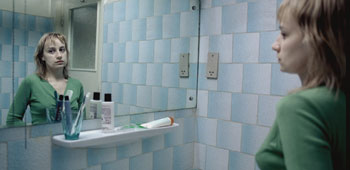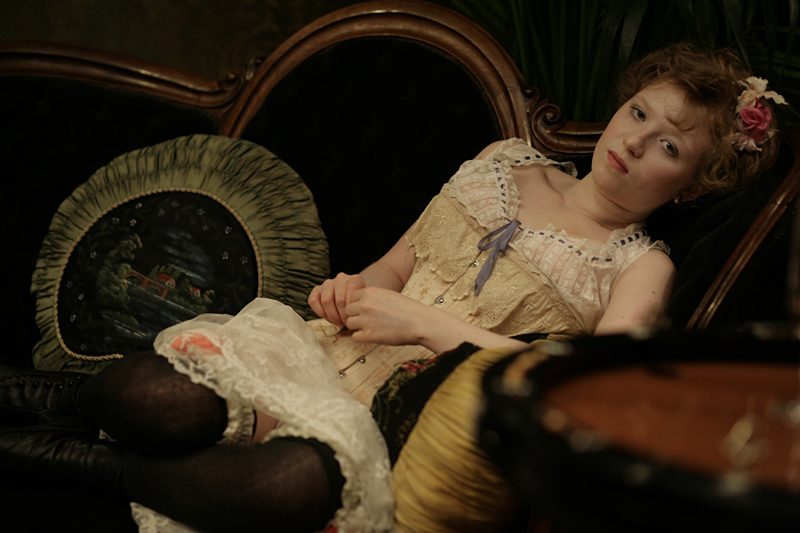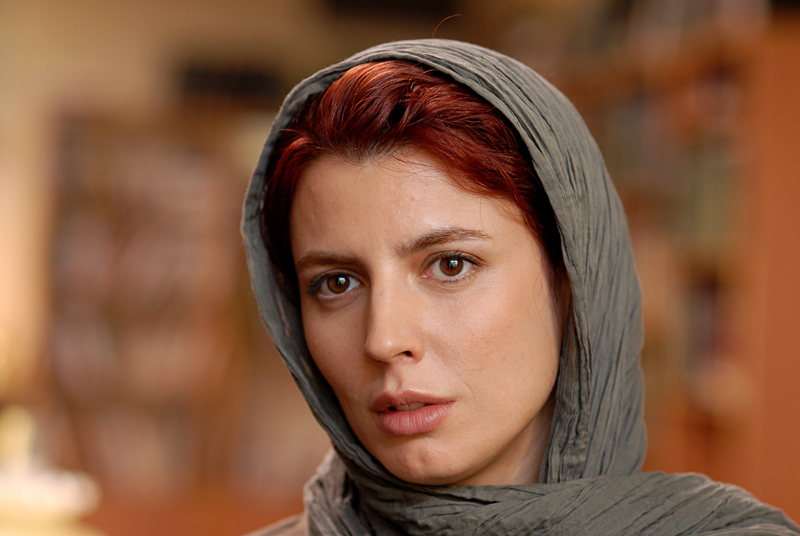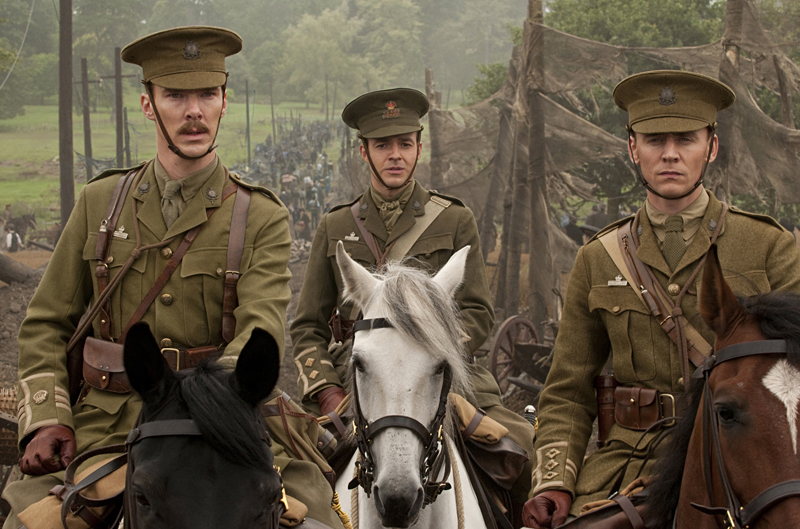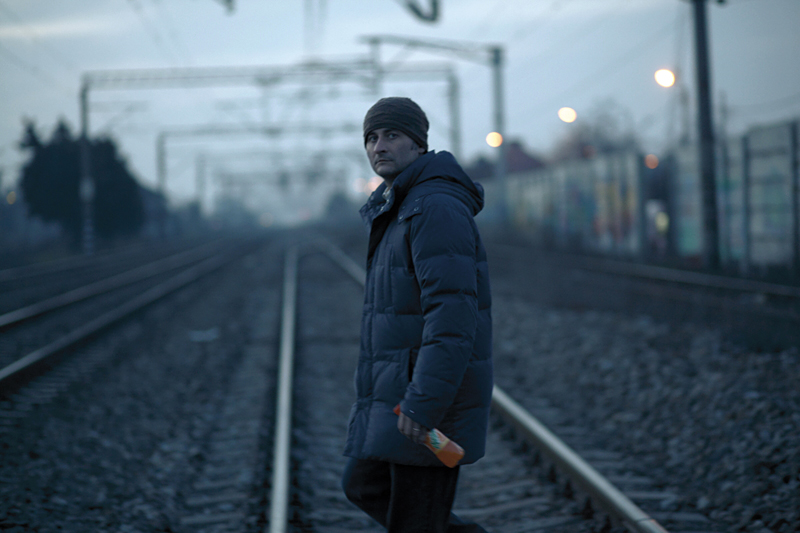The 60th Cannes Film Festival was a generous one—and so was its jury, bestowing the Palme d’Or on the least heralded, most critically acclaimed movie in an unusually strong competition, namely Romanian director Cristian Mungiu’s 4 Months, 3 Weeks and 2 Days. Mungiu’s skillfully directed, superbly acted account of two naive college girls in search of an illegal abortion was also named the best film of the competition by the international press’ FIPRESCI jury; its Palme d’Or clearly delighted the press gathered to watch the awards on closed circuit TV, even if it baffled the stargazers who, outside the Grand Palais, thronged the Croisette six deep to witness the comings and goings of the winners.
Scattering awards like confetti, the jury—which was headed by British director Steven Frears—gave prizes to nine of the 21 eligible films. Conspicuously absent were the Coen brothers’ No Country for Old Men, which had rivaled 4 Months for critical kudos, and the competition’s three other American genre films—Quentin Tarantino’s Death Proof, David Fincher’s Zodiac, and James Gray’s We Own the Night. But the U.S. was not totally overlooked; the jury awarded a special 60th anniversary prize to Gus Van Sant’s superlative youth drama Paranoid Park.
The Van Sant award was a surprise, as was the second place Grand Prix for The Mourning Forest, by Japanese director Naomi Kawase—a sentimental fable that, shown late in the festival, inspired more walkouts than enthusiasm. The third place Jury Prize, which has often gone to relatively experimental fare, was shared by the popular animated feature Persepolis—adapted by Marjane Satrapi and Vincent Paronnaud from Satrapi’s graphic novels—and Carlos Reygadas’ austere Silent Light, a stunningly beautiful melodrama set in the insular world of Mexico’s Mennonites.
South Korean actress Jeon Do-yeon was named Best Actress for her portrayal of a traumatized young mother in Lee Chang-dong’s novelistic thriller Secret Sunshine. Jeon’s award was expected, although few anticipated that the prize for Best Actor would go to Konstantin Lavronenko, who played a dourly distraught husband in Andrei Zvyagintsev’s lugubrious Christian allegory The Banishment.
Rounding out the awards, consolation prizes were handed out to two movies widely touted for the Palme d’Or: Fatih Akin won Best Screenplay for The Edge of Heaven, his coincidence-laden tale of alienated Turks and the Germans who love them; and Julian Schnabel was named Best Director for his French-language adaptation of Jean-Dominique Bauby’s memoir The Diving Bell and the Butterfly—a book that the paralyzed writer composed one letter at a time, communicating with his transcriber by blinking his eye.
Schnabel also gave the evening’s most loutish performance. His anger barely masked behind outsized sunglasses, the bearded, heavy-set artist insisted on shaking hands with every member of the nonplussed jury. He subsequently serenaded the audience with a few bars of “Thank Heaven for Little Girls,” denied subscribing to the notion that “the only trouble with France is the French,” and declared that if he were awarded the Palme d’Or, he would give it to Bernardo Bertolucci (who did not have a film in competition). The artist profusely thanked his cast, crew, entourage, and family—if not the man whose story furnished the basis for his movie.
For the second time in three years, the first prize in the “Un Certain Regard” section went to a Romanian film—the late Cristian Nemescu’s California Dreamin’. The two runners-up were actress Valeria Bruni-Tedeschi’s comic psychodrama Actresses and the crowd-pleasing Israeli comedy The Band’s Visit. The Camera d’Or for the festival’s best first feature went to another Israeli comedy, the light and fanciful Jellyfish, directed by (and starring) the popular writer Etgar Keret and his wife, Shira Geffen. Accepting his award, the boyish Keret remained in character: “All of this is so far from our lives. I haven’t worn a suit since my bar mitzvah.”
